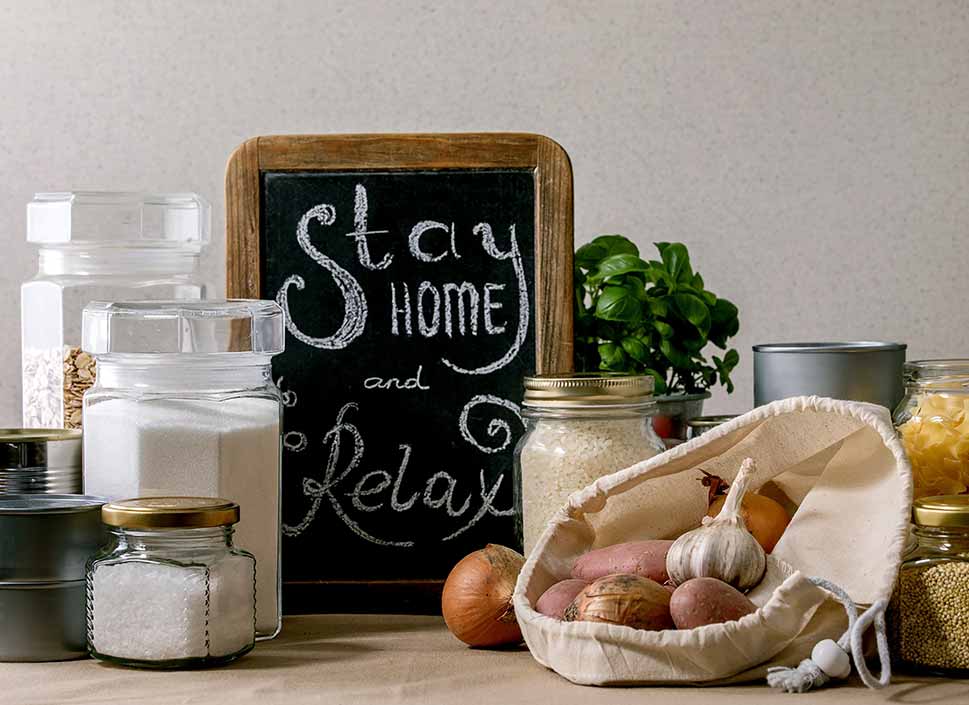
A Sustainable Food System In the Time of Covid-19
As the COVID-19 pandemic continues to evolve, it is difficult to know the geographic reach and degree of impact we can expect to see across food production and distribution systems. As a community, we need to look to a local food system that can sustain its own citizens.
A commitment to local, organic food
As we make a commitment to purchase local and organic food the cost often becomes an issue. Organic food does cost more for a very important reason. Growing organic crops is more labor-intensive. Organic Farmers use methods such as mulching, pulling weeds by hand instead of using herbicides and building soil health with compost rather than applying chemical fertilizers. These farmers also pay their farm workers a fair and living wage. When we support local organic farmers and ranchers who are striving to be good stewards of the land, we are contributing to a healthier food system free of pesticides and chemical fertilizers. Buying local food means it has traveled less distance to get to you, thus reducing greenhouse gas emissions.
Back to basics
As we all struggle to adjust to the pandemic many people are experiencing loss of income, job loss, and true financial uncertainty. This is a good time to start thinking about simplicity and a “Back to Basics” approach to food and cooking. Stocking the pantry with wise staples like pasta, beans, and rice to have on hand to create affordable meals may be part of your solutions. Having on hand your favorite condiments such as chile paste, hot sauce, soy sauce, vinegars, and good olive oil can turn a simple meal of rice, bean, and vegetables into a nourishing and economical meal.
A plant-rich diet
Eating a plant-rich diet is also more sustainable. If you do choose to eat meat, please make mindful choices. Avoid meat, poultry, fish, dairy and eggs that come from factory farms. According to Project Drawdown 2020, the world’s leading resource for climate solutions, agriculture, and forestry activities generate 24% of greenhouse gas emissions worldwide.
Michael Pollan recommends, “Eat Real Food…Don’t eat anything your grandmother wouldn’t have recognized as food.”

Heidi has a lifelong passion for cooking with real foods. She is a former caterer, cooking teacher, and kitchen designer. Her interest in food connects the dots of food and our environment, seeking out food that is organic, local, and environmentally responsible. How we shop for food, what foods we buy, and how it is prepared is directly related to our climate crisis. “Eating is an environmental act.”
